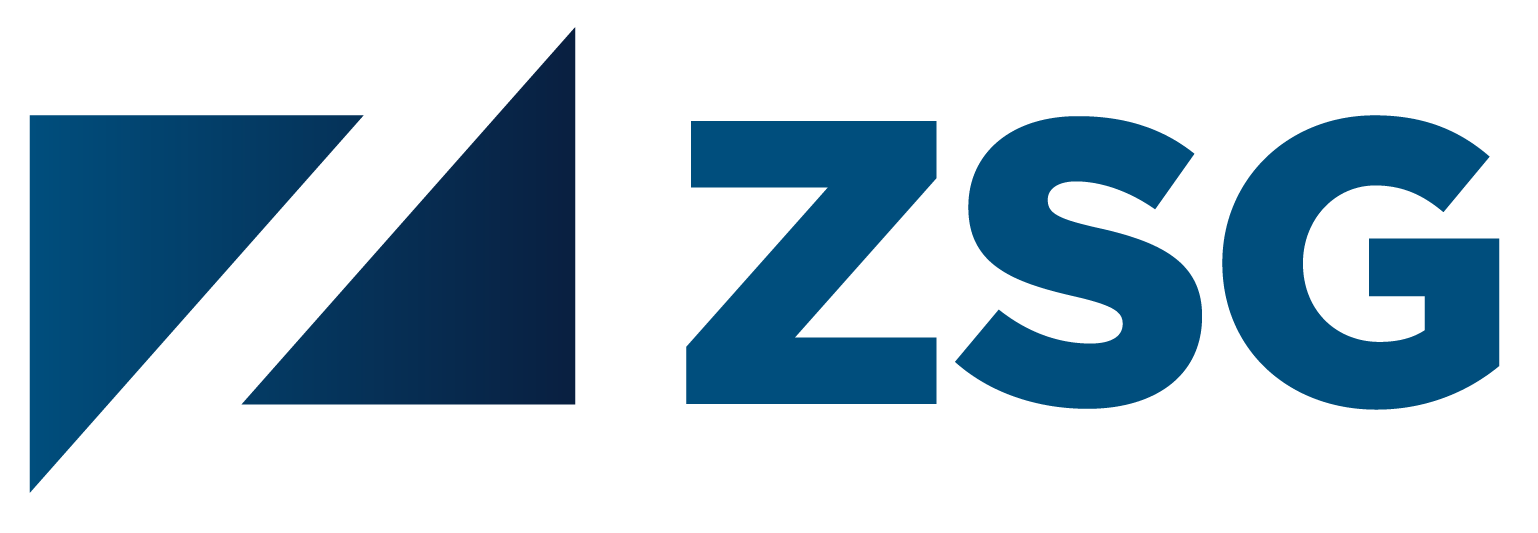Resources
Offering help with the process
6 Mistakes You Are Making in Interviews and What to Do Instead

The interview is usually the deciding factor in hiring. Even if you have great experience on paper, a job offer is dependent on your ability to communicate that experience and relate it to the position during the interview. With so much on the line during an interview, let’s look at some common mistakes candidates make during interviews and what you should do instead.
- Using “we” instead of “I”
Many people use “we” when describing accomplishments during an interview to appear like a team player. However, if it is your accomplishment, you should take credit for it. Be clear about your individual contributions to a goal met or milestone achieved.
- Letting a bad answer go
Most of us can relate to the feeling of not answering an interview question as well as we could have. There are a couple of options to remedy the situation. If you come up with a better response during the interview, you may have time at the end to revisit the topic and your answer. You could also address the topic in your follow-up email, providing the response you wish you would have given.
- Speaking poorly about your current employer
One of the most common interview questions gets to the heart of why you are looking for a new job. It can be tempting to air your grievances about your current or past employer but resist the temptation. It is better to focus on why you would be excited about a new career with this company. If you are asked directly about your current employer or boss, try to stick to the facts and offer some good points to balance out criticisms. Too many complaints about your current job may make it seem like you are difficult to work with.
- Not knowing what you want
The best approach to a strategic job search is to decide on your bottom line ahead of time. Decide on your must-haves (great company, good benefits, mentorship, etc.) and your nice-to-haves (raise, title change, etc.). At some point in the interview process, you will be asked about compensation and benefits. Know what you are looking for and maintain the same message throughout. Changing your mind about compensation partway through the interview process not only hurts your chances of getting the salary you want but also getting the job at all.
- Not doing any research
Many people come to an interview planning to learn about the company through the interview process. That not only hurts your chances of landing the role but is also a disservice to you. You don’t have to be an expert on a company before interviewing, but you should do some research. After all, you want to determine if this is a company you can see a future with. Make sure you understand the basics of the position and key facts about the company. Do enough research to adequately answer the question “Why do you want to work here?” or “Why are you interested in this job?”
- Not asking any questions
A lack of planning is most commonly the source of blame for this interview faux pas – not having any questions to ask to wrap up the interview. The question period, usually at the end of the interview, isn’t just a formality. It is your opportunity to interview the company AND show off the research you did. Plan some questions ahead of time that will highlight what you know about the company and your interest in the position. Failing to ask any questions calls into question your interest in the position and ability to plan ahead.
The interview stage allows a company to gauge a candidate’s experience and interest in a position while also allowing the candidate to get to know the company. There is a great deal at stake during the interview for both the company and the candidate. Avoid these common interview mistakes to stand out among the field of candidates.

